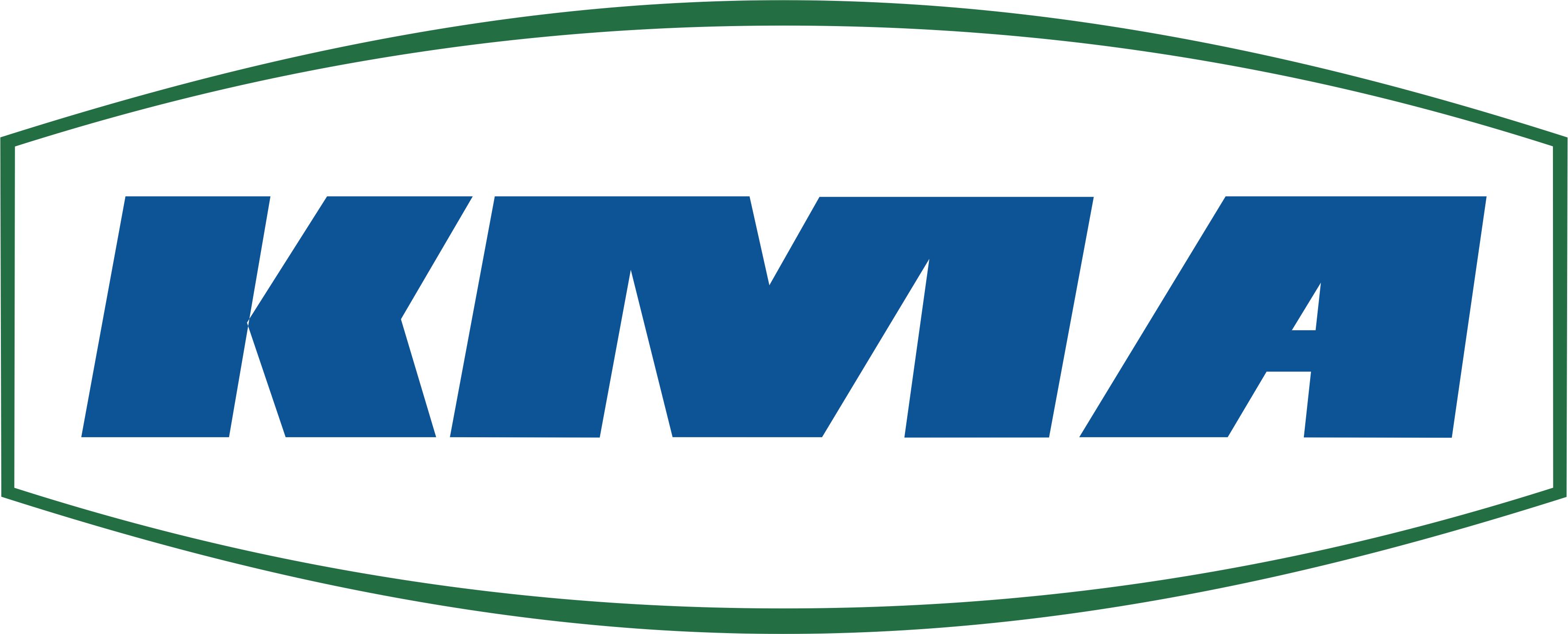Industrial fryer

Industrial fryer
Industrial fryers, also called frying lines, are machines for cooking various foods by using different deep-frying media. Industrial fryers process, among other foods, meat, fish, vegetables and baked goods in a 2-step system consisting of a deep fryer and cooking tunnel. The industrial frying process consists of frying and cooking the respective food in heated fat or oil.
During this process, the raw foods are placed on conveyor belts and transferred into the deep-frying medium, where the high temperatures cause the food’s outermost layer to form a protective crust. The food then passes through a cooking tunnel where it is gently cooked through. Thanks to the two-stage cooking process, the food contains both its juicy and crispy properties. In addition, the frying process intensifies existing aromas and transfers new taste nuances to the respective food.
A by-product of the deep-frying process is an exhaust air stream containing a high level of greasy and oily aerosols as well as smoke. Without the use of appropriately adapted exhaust air technology, these greasy residues accumulate on machines and inside the production plant leading to breakage and long-lasting damage (see also: oil separation). The exhaust air is also heavily contaminated with various odors. Since food processing companies are often located near housing estates or cities, the odor contamination of the exhaust air poses a major problem. Conventional exhaust air purification systems, such as thermal or catalytic thermal oxidation systems purify, extract impurities and odor particles from the exhaust air, but are very energy- and cost-intensive.
The high-performance KMA exhaust air filtration system offer an energy-efficient alternative. KMA exhaust air filtration systems are specifically adapted to the requirements of exhaust air purification at industrial fryers, meeting all standards regarding hygiene and cleanliness applying to such operations. The hybrid filtration system with an integrated heat recovery system extracts the process waste heat bound in the exhaust air stream, recovering it for subsequent production steps. Thus, KMA exhaust air filtration systems do not consume unnecessary combustion energy, but feed the recuperated energy into the production process. As a result, the energy requirements of a production plant are lastingly decreased and the carbon footprint of the company is greatly minimized.







